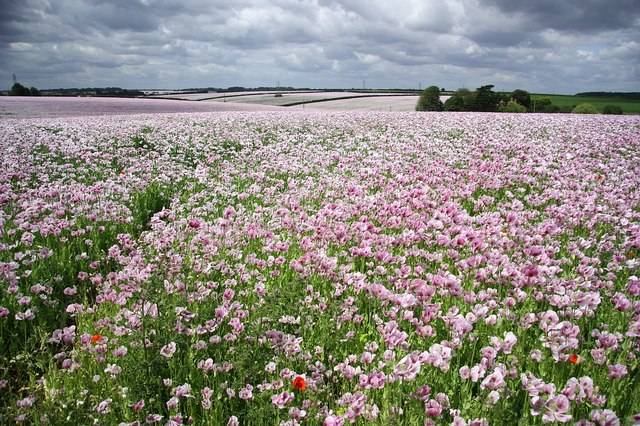Raisi said Iran’s fight against drug trafficking was “affected by US sanctions”, which deprived the country of many required tools and technologies….reports Asian Lite News
Iranian President Ebrahim Raisi has alleged that the measures taken by the US and the North Atlantic Treaty Organization (NATO) during their occupation of Afghanistan have “led to increased cultivation of narcotic plants in the war-torn country”.
Making the remarks in an address to a ceremony to mark the International Day against Drug Abuse and Illicit Trafficking, Raisi said, “During the US-NATO two-decade presence, narcotics production in Afghanistan became industrialised and the output was distributed across the globe.”
Raisi stressed that no country can fight drug trafficking alone, urging all countries and international organizations to play their role, Xinhua news agency reported, citing the Iranian presidency’s website.
He said Iran’s fight against drug trafficking was “affected by US sanctions”, which deprived the country of many required tools and technologies.

Narco-terror
The illegal-narcotics trade constitutes one of the main financial sources of the insurgency groups in Afghanistan and Pakistan, but, more importantly, it feeds narco-terror.
The American withdrawal in 2021 means that the countries of the region will have to play a greater role in the management of their borders and confront questions about their capacity to stop potentially destabilising trends emerging from Afghanistan, reported Afghan Diaspora Network.
Heroin networks and drug lords present a principal impediment to security, state-building, and democratic governance. Beyond the national boundaries, Afghan-originated heroin creates enormous challenges for international security by financing terrorism, instigating corruption, killing nearly 100,000 users worldwide every year, undermining public order, and debilitating economic development.
The devastating impacts of the Afghan heroin trade have spilled over into Southwest Asia, Central Asia, Russia, China, the Balkans, and Europe.
The Taliban have long used narcotics as their main source of revenue. Without the poppy crop, they may never have grown to be the massive organisation that they are today that was capable of toppling the Ghani government, reported the Afghan Diaspora Network.

According to the Narco-Insecurity, Inc.’s report ‘The Convergence of the Narcotics Underworld and Extremists in Afghanistan and Pakistan and its Global Proliferation,’ this was made possible with the help of Pakistan’s ISI, who launched several covert operations with sympathetic jihadist groups all of whom relied heavily on narcotics trafficking to fund their operations, expanding the trafficking route even further through their regions, launching the Balkan, northern, and southern routes of the global narcotics trafficking pipeline.
The most substantial of these was the Haqqani network, a criminal enterprise situated along the Afghanistan/Pakistan border that was founded on smuggling. The ISI saw the Haqqani network as a key ally, given their location and alliances with numerous jihadist groups, and began investing in their bases while using them as a proxy for engagement with other non-state actors.
A vicious cycle has formed between insecurity and the opium economy. Insecure regions are fertile territory for poppy farming due to the lack of government oversight and a lack of alternative livelihoods. They both attract insurgent groups, who profit off of the opium industry at multiple levels of the supply chain and are created by insurgent groups.
Since the recent Taliban takeover of Afghanistan, there has been a knock-on effect on the global narcotics industry. Counter narcotics efforts will need to shift to operate under a new paradigm where direct counter-narcotics efforts in Afghanistan are unlikely to continue. (IANS/ANI)













